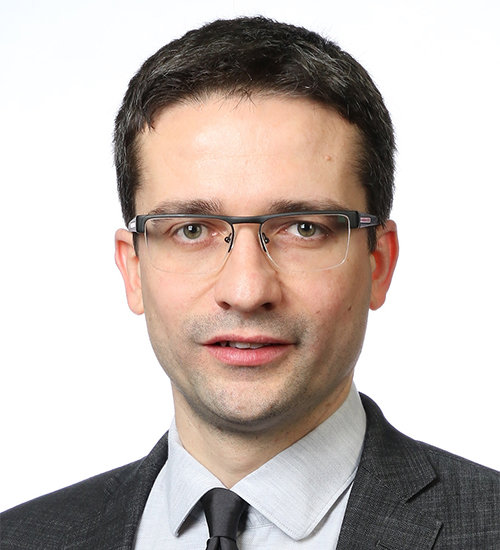Oncologists at an early stage in their career may fall into the trap of predatory journals whilst seeking to publish their research
For young oncologists who wish to have an academic career, a major pressure is to achieve a strong publication record. Although academic life varies from country to country, there is a general requirement to publish multiple scientific papers as a first or last author to progress in an academic role. In essence, the more you publish, the higher your chances of obtaining an academic position. For many of our younger colleagues, this can significantly affect their work-life balance, with clinical duties occupying the majority of their working day and research activities being relegated to the evenings, weekends and holidays. In countries or institutions where research activities are less well-recognised, this can be a particular issue affecting aspiring academics. It is also important to acknowledge that this work-life balance issue can remain even once an academic post has been obtained, with research often continuing to take a subordinate role to clinical activities.
In response to the pressure to publish, multiple predatory journals that lack proper and clear editorial or peer review processes have emerged and have become a serious threat to the scientific community. These lack a shared definition and are not easy to recognise even for more experienced researchers. A poster presented at ESMO Congress 2022 highlights the extent to which this affects oncologists across the world (Abstract 1326P). Concerns about the quality of scientific publications have also been amplified in the pandemic era by the large numbers of articles published on COVID-19, including some in high-impact journals that were retracted shortly after publication for reasons related to data integrity. Quite rightly, the principle of external peer review remains the cornerstone of scholarly publishing; however, widespread issues with the process persist. It is clear that the peer review system itself now needs to be reviewed and refined to ensure that it is fit for purpose in the modern publishing era.
Given the pressure to publish and their inexperience with the publication process, it is not surprising that young oncologists may be misled by predatory journals. Younger colleagues may also lack knowledge of other aspects of the publication process, including how to select the most appropriate journal and how to address peer review comments. As training on the publication process is not provided during medical studies or oncology training, there is a clear need for education on this topic for oncologists taking their first steps in an academic career. At the ESMO congresses, we aim to address this issue by holding some sessions in the Young Oncologists Track that are dedicated to the publication process.
All early career researchers are also affected by the need to achieve recognition in their specific field. For many journals, peer reviewers are not blinded to the authors’ names and there is the potential for bias against unknown researchers. This can be somewhat mitigated by having a recognised academic as the final author of a manuscript, but this is not an option for all young researchers, particularly those from low- or middle-income countries (LMICs). Other options to increase recognition in a scientific field include networking and forming collaborations with other scientists.
Aspiring academics will benefit from day-to-day mentoring to guide their research and publishing activities. Ideally, this would be provided by a local mentor such as the director of the department, whenever possible, where the young oncologist is working. In this situation, the ESMO Virtual Mentorship programme can be enormously important, providing guidance on how to undertake academic research, on the publishing process and recognition of predatory journals, along with networking opportunities. This virtual programme can be particularly valuable for oncologists working in LMICs. However, the programme is not limited to these countries, and we receive many applications from researchers from all over the world. For example, young oncologists may need to connect with researchers from other units or countries if the experience they require is not available within their unit.
Don’t miss:
Young Oncologist Brunch 2: How to write and respond to a critical peer review. ESMO Congress 2022
Young Oncologist Session, 11.09.2022, h. 11:00 – 11:45, 7.3.R – Rennes Auditorium
Abstract presented:
El Bairi K, et al. Oncology under attack by predatory journals: A global survey. ESMO Congress 2022, Abstract 1326P
Poster display, Hall 4. An e-Poster is also available on the Congress virtual platform


